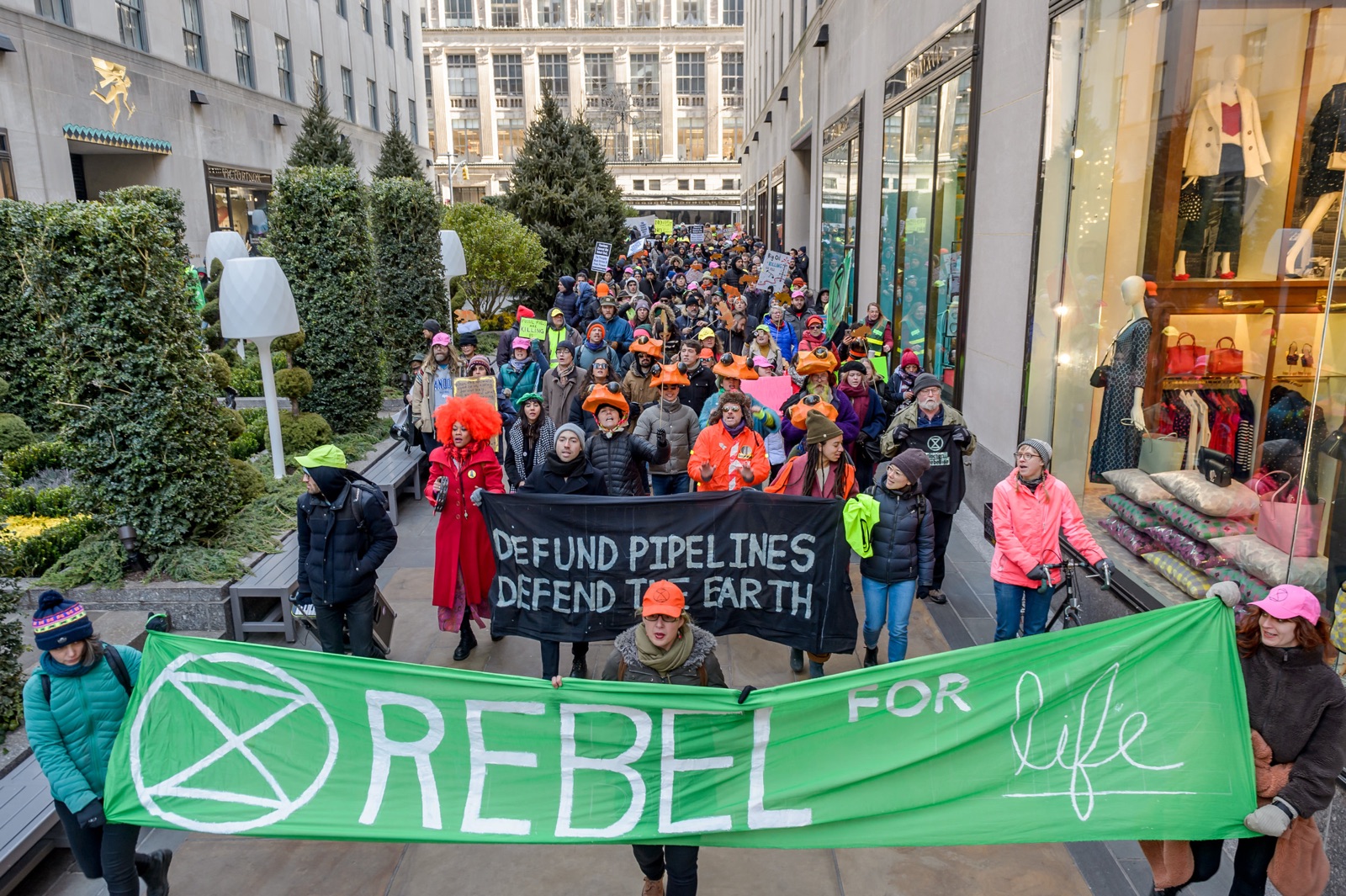One of the arguments progressives make in pushing their politics is environmental concern. They are excited when they hear presidential candidate Joe Biden and his sidekick Kamala Harris talk about ending fossil fuels. But progressives typically don’t think in terms of interconnections and they are generally ignorant of international political economy and the problem of uneven global development. (We see a similar myopia in the desire to shut down society over SARS-2, a demand that neglects all the downstream effects of shutdowns, such as the thousands of people who will die from cancer and other diseases, as well as from drug abuse and suicide.)
The United States does indeed produce a lot of energy from fossil fuels. We have achieved a substantial degree of energy independence on account of it. However, because of our high level of economic and technological development, our production and use of fossil fuels, thanks to, among other things, carbon capture and storage methods, is efficient and clean compared to that of China, India, Russia, and other economies. If we reduce production of fossil fuels in the United States, we not only give away our energy independence, but we will also come to rely on fossil fuels produced by other countries in the dirtiest way, thus drastically accelerating global climate change.

The truth is that the world economy depends fundamentally on fossil fuels. We cannot produce the energy we need to run the world using geo, hydro, solar, and wind. I am all for these other sources of energy, but we have to be honest about the situation. And while it is conceivable that we could replace fossil fuel with nuclear power, even if we could agree that nuclear comes with little risk (I seriously doubt folks can agree on that—I am not sure I could agree on that), we could not produce the number of reactors we need to reduce emissions to a level sufficient to stop the trend in global warming.
What progressives appear unable to grasp is that progress on the environment comes with technological advancement. We cannot have technological advancement without economic growth. We cannot have economic growth without sufficient sources of energy. We cannot have sufficient sources of energy without fossil fuels. This is the character of the treadmill of production for the foreseeable future. We have to grasp the structure of throughput and the dynamic interrelation of systems parts in developing sound environmental policy. Moreover, without economic development, we also cannot raise the standard of living for those whom progressives purport to speak.

After a year of reflection, I now believe that the most immediate path through the climate crisis is the development of technological solutions to conservation and pollution. The United States can lead the way—but only if we have a country. Progressives have us giving up too much in the name of “social justice.” To be sure, much of the promotion of “clean coal” is greenwashing, as I have written and spoken about. I have worked very hard to debunk the claims of the antienvironmental countermovement. But I have come to realized that one of the greatest barriers to rational discussion on economy and environment is the apocalyptic rhetoric coming from climate change zealots, such as Extinction Rebellion. Unlike the panic over systemic racism, global climate change is real. But like systemic racism hysteria, climate apocalypticism is a disruptive and regressive force in modern society. All of these panics—and throw the SARS-2 panic in there—reflect a neurotic worldview that functions as a type of quasi-religious fundamentalism, a secular millennialism, if you will. We have to listen to more rational voices than these.
